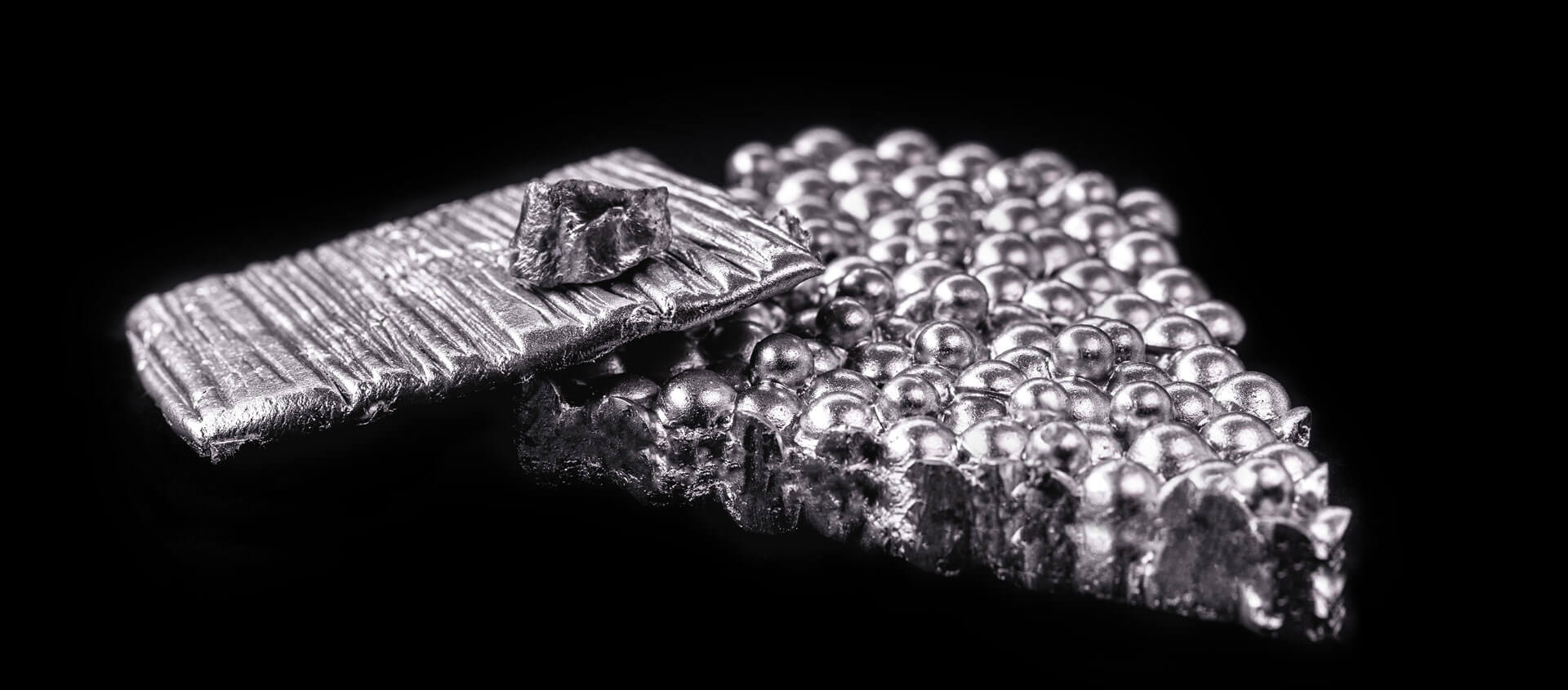On May 11, BYD (002594) issued a preliminary plan that the company's board of directors considered the plan to spin off its subsidiary BYD Semiconductor Co., Ltd. (hereinafter referred to as "BYD Semiconductor") to gem. After the completion of this spin-off, BYD's share ownership structure will not change as a result of this spin-off, and will still maintain the control of BYD Semiconductor.
It is reported that BYD Semiconductor was founded in October 2004. BYD directly holds a 72.3% stake in BYD Semiconductor and is the controlling shareholder of BYD Semiconductor. Wang Chuanfu indirectly controls BYD Semiconductor through BYD and is the actual controller of BYD Semiconductor. Shenzhen Sequoia Hanchen Equity Investment Partnership (Limited Partnership) and Advanced Manufacturing Industry Investment Fund (Limited Partnership) are the second and third largest shareholders of BYD Semiconductor, with a shareholding of 2.94% and 2.45%, respectively.
After this spin-off and listing, BYD Semiconductor will continue to engage in the R & D, production and sales of power semiconductors, intelligent control IC, intelligent sensors and optoelectronic semiconductors. In the future, BYD Semiconductor will focus on automotive semiconductors. Synchronize will promote the development of semiconductor business in industry, home appliances, new energy, consumer electronics and other fields, and strive to become an efficient, intelligent and integrated new semiconductor supplier.
Among them, in the automotive field, relying on the deep accumulation of R & D and application of automotive specification-level semiconductors, BYD Semiconductor can continue to provide customers with leading overall automotive specification-level semiconductor solutions under the background of the rapid development of the industry, and take the lead in manufacturing and mass producing IGBT, SiCMOSFET, IPM, MCU, CMOS image sensors, electromagnetic and pressure sensors, LED light sources, automotive LED displays and other automotive specification-grade semiconductor products. It is used in the core fields of new energy vehicle motor drive control system, vehicle thermal management system, power management system, body control system, vehicle image system, automobile lighting system and so on. It is committed to breaking the downstream application bottleneck of domestic specification-level semiconductors and promoting the independent safety, controllability and comprehensive and rapid development of China's automotive specification-level semiconductor industry.
Financial data (unaudited) show that BYD Semiconductor's net profits attributed to its parent shareholders in 2018-20 were 33 million yuan, 30 million yuan and 32 million yuan, respectively.
BYD said that after the split, the company will remain the controlling shareholder (72.3%) of BYD Semiconductor, and BYD's financial position and profitability will still be reflected in BYD's consolidated statements. Although this spin-off will lead to dilution of the company's interest in BYD Semiconductor, through this spin-off, BYD Semiconductor's development and innovation will be further accelerated, and its investment and financing capacity and market competitiveness will be further enhanced. it will help to improve the overall profitability of BYD.
According to public data, in 2008, BYD bought Ningbo Zhongwei semiconductor fab for 1.71 yuan, began independent research and development of vehicle specification-level IGBT chip, and launched the first independent research and development IGBT chip in 2009. In 2019, BYD's new energy vehicle IGBT modules are self-supplied, accounting for about 20% of China's automotive IGBT market share, ranking second only to Infineon.
In addition, BYD's gauge-grade IGBT has also been supplied to the outside world, with a wafer production capacity of 50, 000 wafers per month in 2020. By the end of December 2020, BYD's IGBT-based vehicle gauge-level power devices have been loaded with more than 1 million vehicles and a bicycle mileage of more than 1 million kilometers. The first mass-loaded SiC power module independently developed by BYD has been fully applied to BYD's new flagship luxury car "Han", and the comprehensive efficiency of SiC electronic control is as high as 97%.
In the 2020 list of Chinese chip designers released by CBInsight, an international venture capital research firm, there are six automotive chip companies on the list (mainly self-driving chips and on-board power chips). They are BYD Semiconductor, StarCraft Semiconductor, Yutai Microelectronics, Horizon and Black Sesame Intelligent Technology.
At present, the automotive industry chips are sweeping the world, some institutions expect the shortage of automotive chips will be greatly alleviated in the third quarter, and there will be a significant improvement in the second half of the year. However, some experts say that due to the difficulty of expanding production, the shortage of automotive chips may continue for several years.
BYD is now listed on the market as a spin-off of the semiconductor business, which is widely favored. In 2020, BYD Semiconductor completed two rounds of financing totaling 2.7 billion yuan, and the post-investment valuation has reached 10.2 billion yuan. The industry expects that under the background of the global core shortage, its valuation will have more room to improve.




